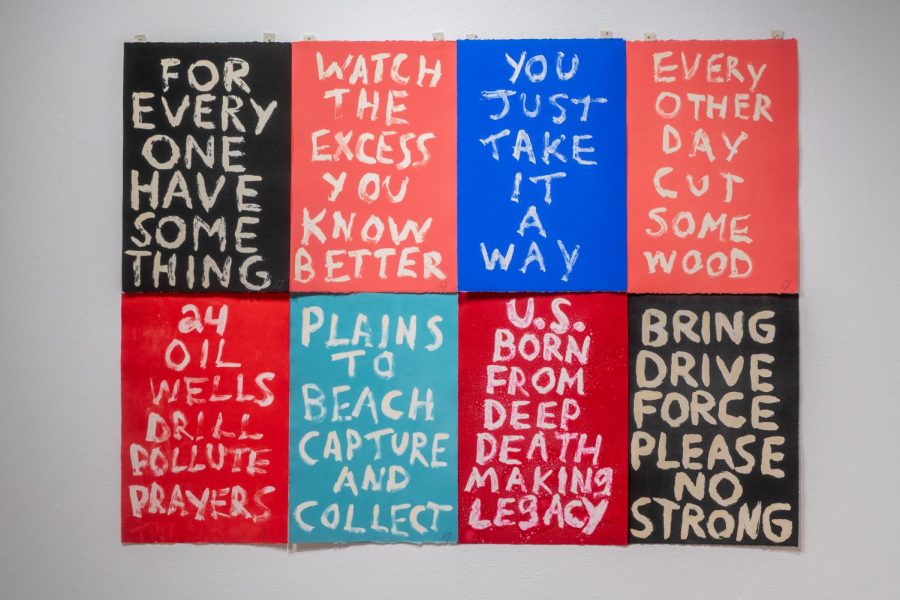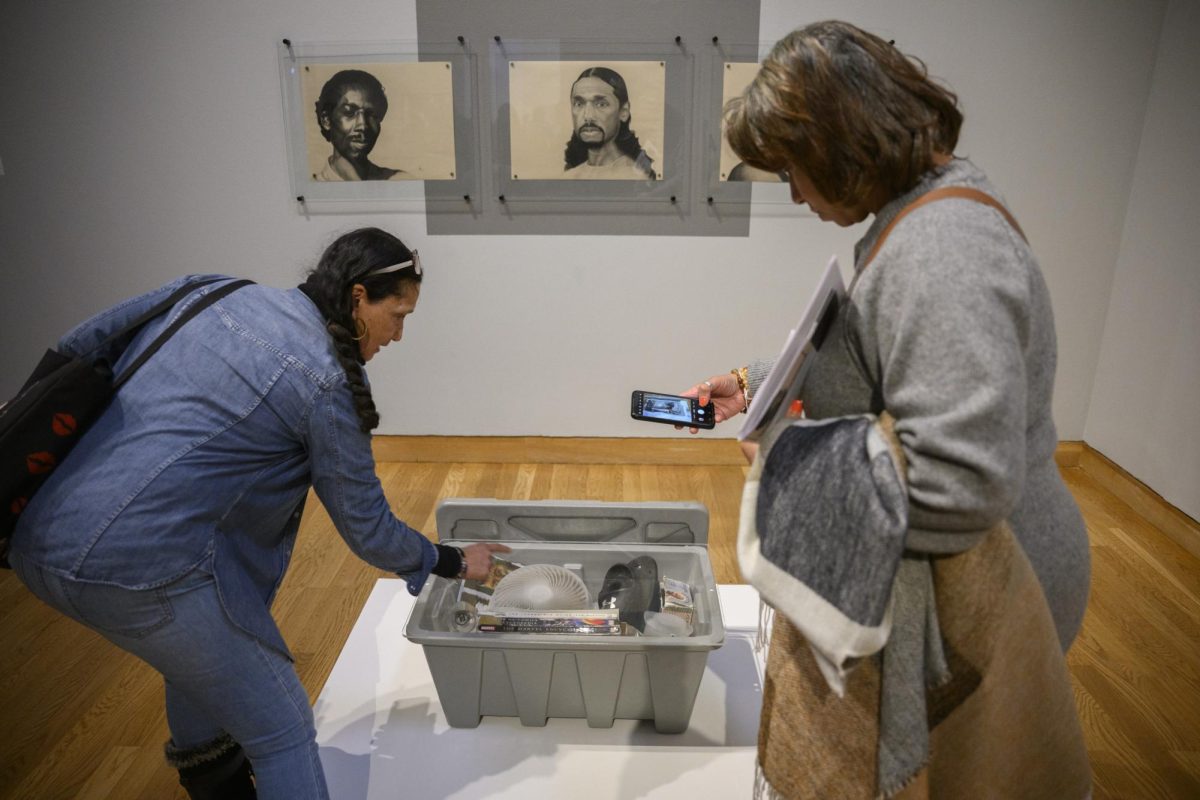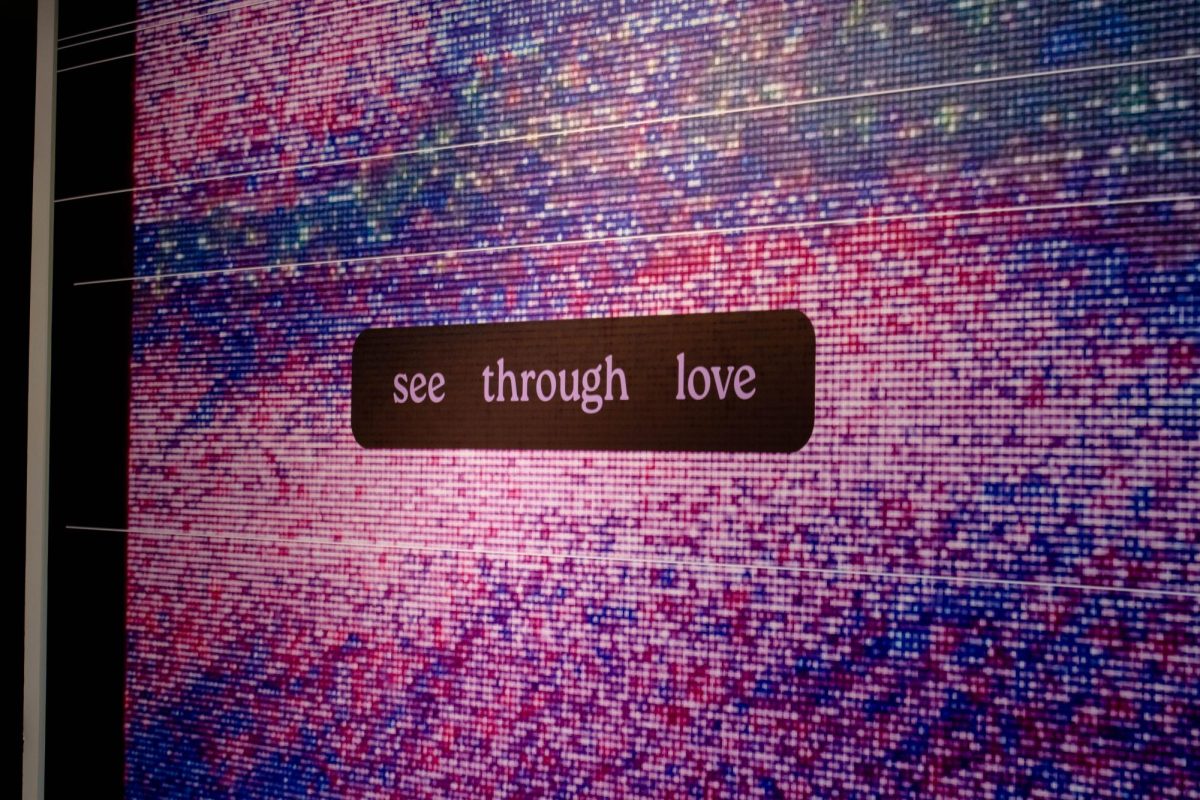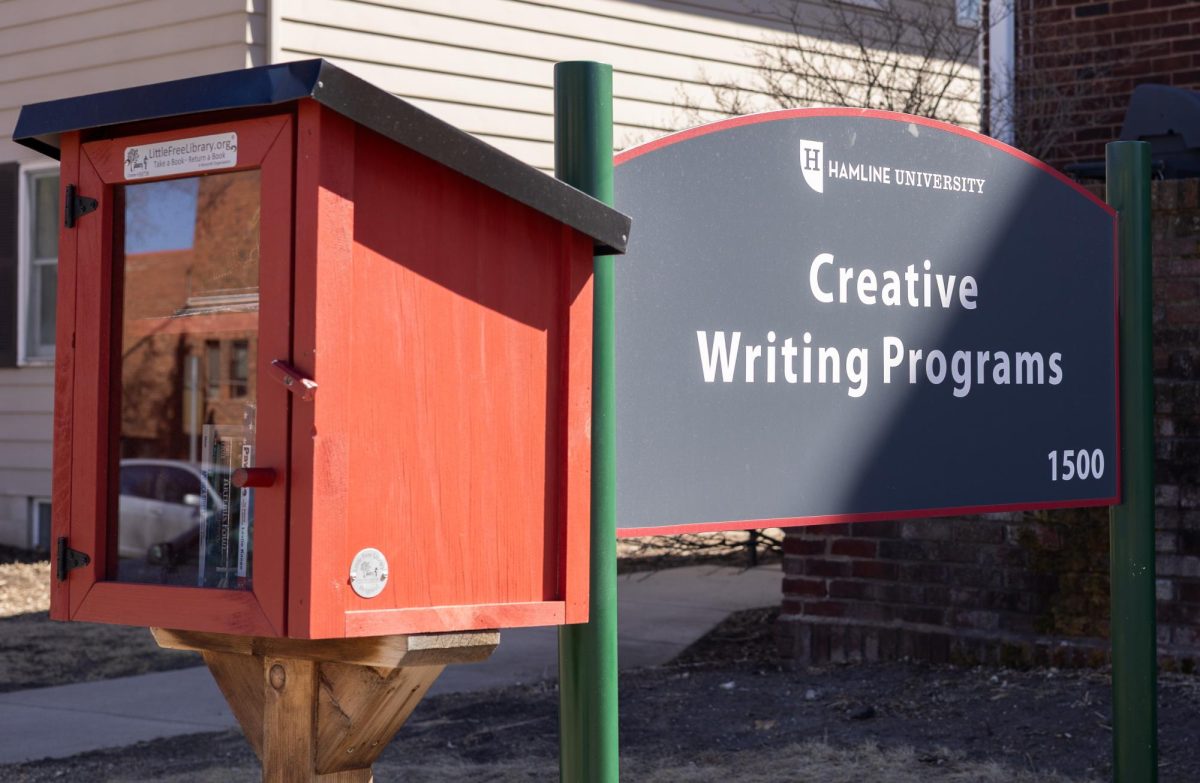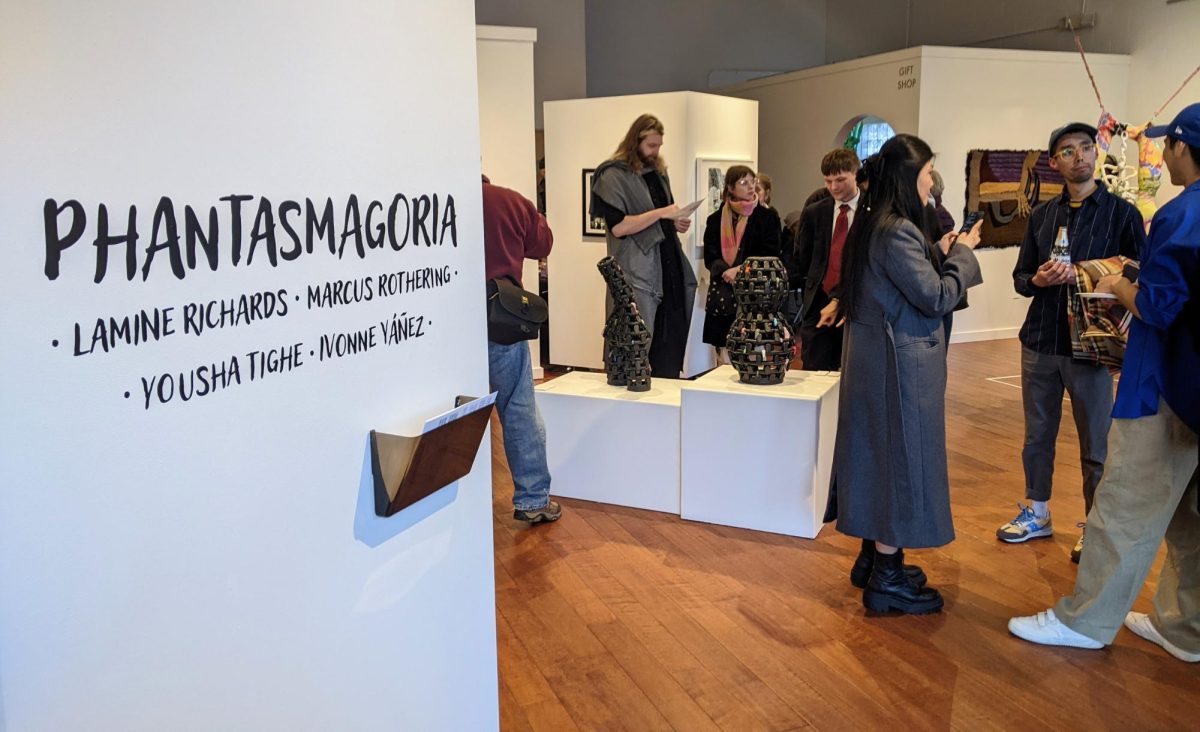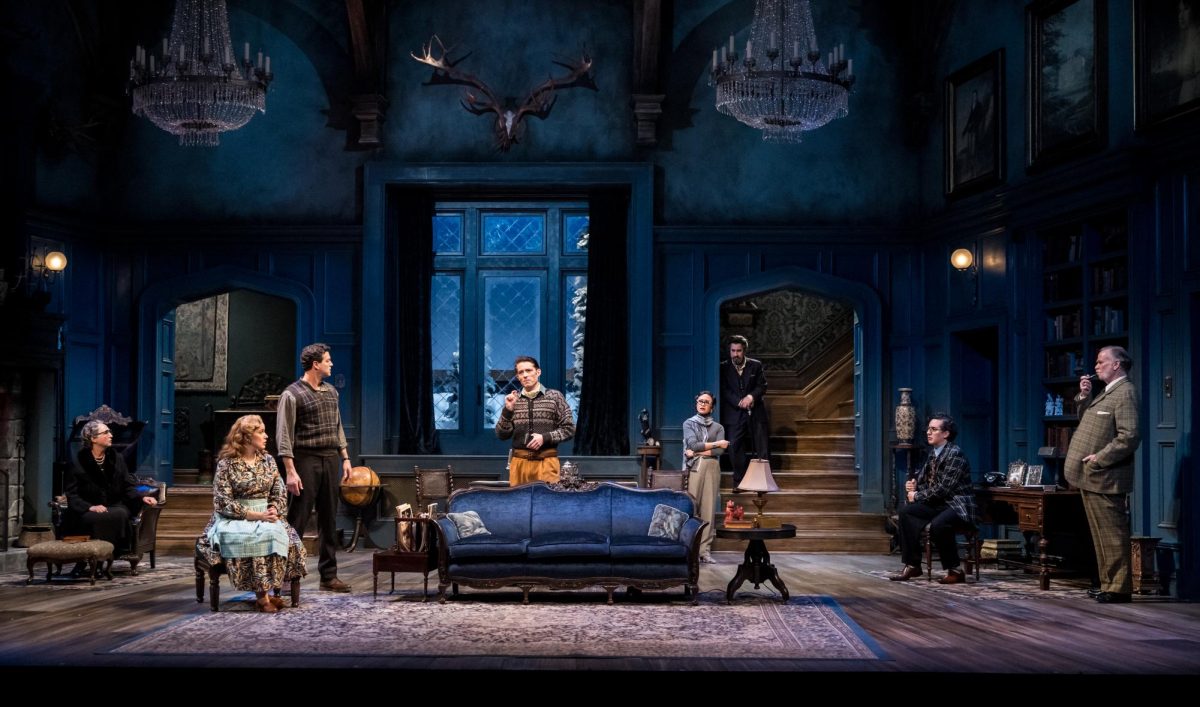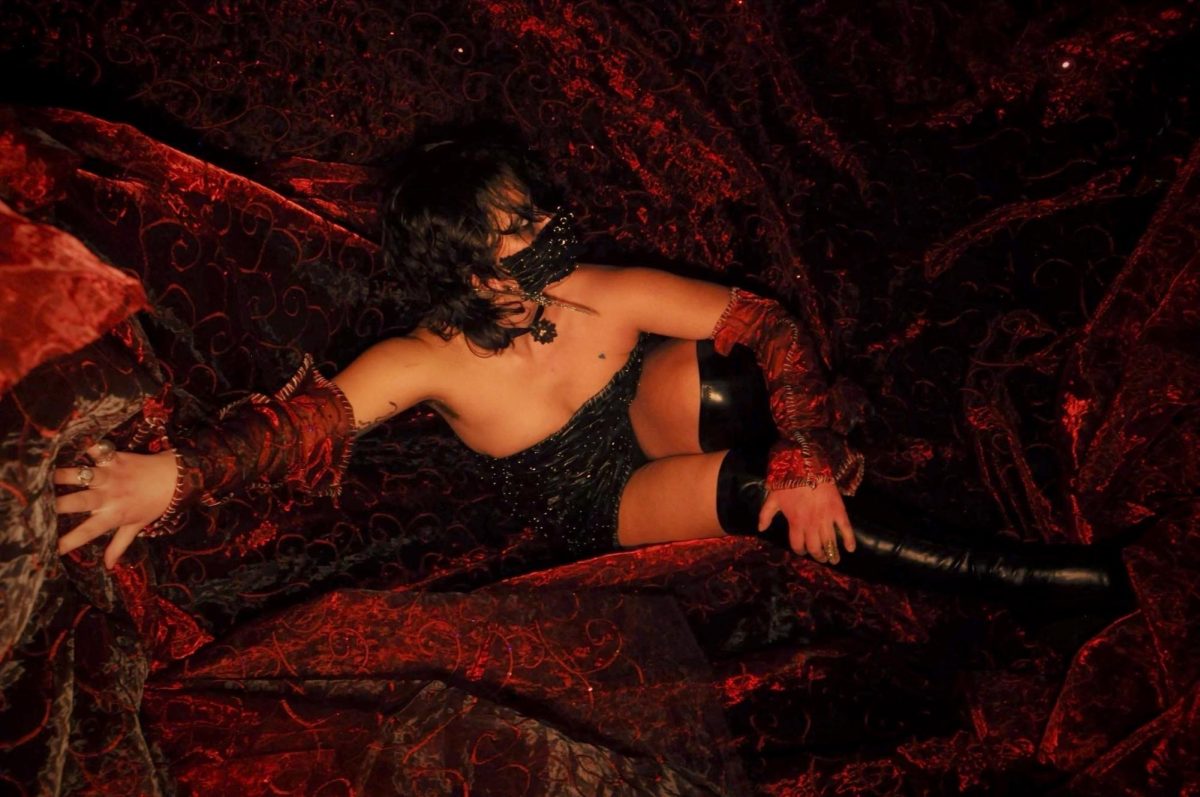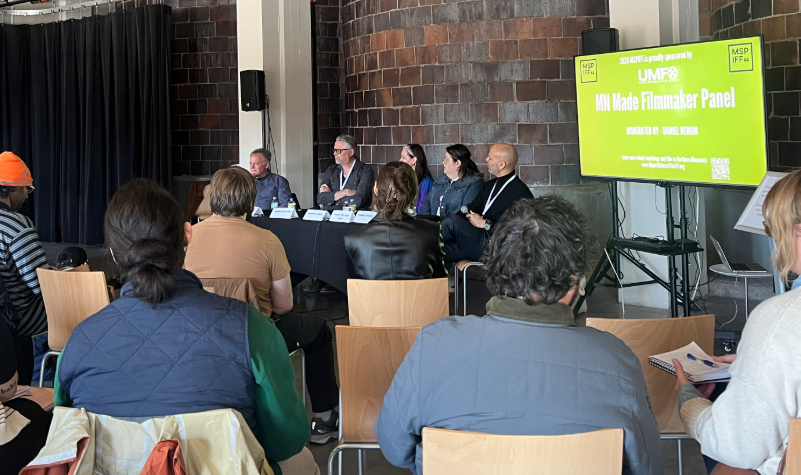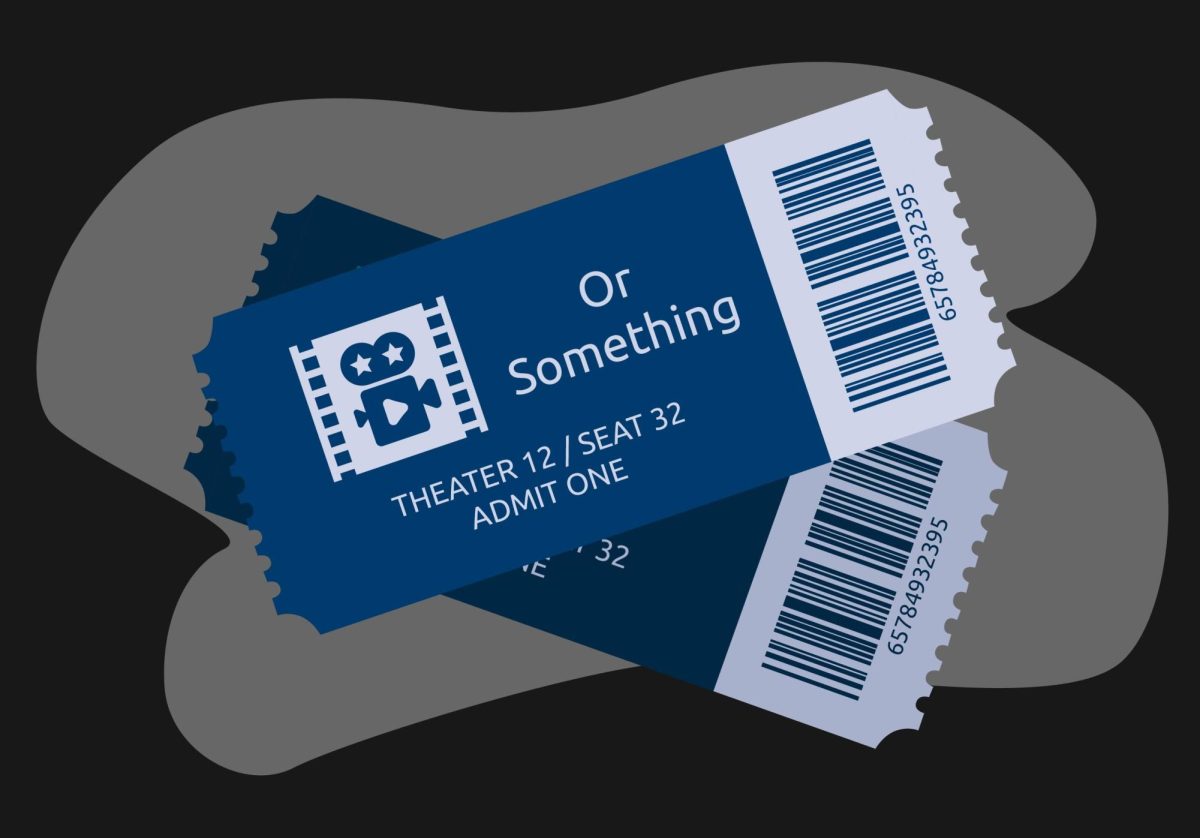On June 11, Minnesota Center for Book Arts (MCBA) released a new exhibit entitled “Solastalgia: Book Art and the Climate Crisis” that features the works of 12 local, national and international artists addressing how they see the climate crisis affecting the world around them.
The exhibit is currently on view virtually through mid-October with plans to open for public viewing in the fall.
The exhibit is in partnership with the larger project “EXTRACTION: Art on the Edge of The Abyss,” created by the CODEX Foundation, a foundation committed to preserving handmade books as an art form. “EXTRACTION” is a multi-site exhibition occurring throughout the U.S. and abroad in summer 2021. The project is devoted to drawing awareness to the urgency of the climate crisis through land art, performances and publications.
MCBA was given unlimited creative reign, allowing each contributing artist to interpret the theme as they saw fit. The result is “Solastalgia,” a term from environmental philosopher Glenn Albrecht that describes the pain one feels when one realizes their home is under immediate attack.
“We wanted to create a balance that was both a call to alarm and also hopeful and poetic,” Torey Erin, the curator of the exhibit, said.
Regula Russelle, a St. Paul-based book artist, contributed two works to the exhibit: a zine about small changes people can make to their lifestyle and a list of thought-provoking questions to guide discussions around the climate crisis and its true impact.
Russelle said she chose to provide tips to people through her work because there are many easy, realistic habits that people can embrace to reduce the effects of the climate crisis. In the zine “Habits of the Heart”, she suggests consuming less meat and limiting airplane travel, both of which she and her husband have implemented into their lives, being vegetarian for over a decade and saving airplane trips to see family.
“There are some things we can do to help make a difference,” Russelle said. “And if many people do it then it’ll make a bigger difference.”
Russelle encourages people to reflect on these decisions and their implications in her list of questions. She asks the reader, “What might you sacrifice for the common good?” and, “What will we tell the children?”
The exhibition also features another project whose theme intersects with “Solastalgia”: an experimental bilingual zine collaboration called “Scorched Feet,” featuring diverse perspectives on recent instances of social upheaval.
Founded by Alexa Horochowski, R. Yun Keagy and Meena Mangalvedhekar, “Scorched Feet” offers a timeline of and reaction to events that happened in 2016 to the present, including the proposed construction of a wall at the U.S.-Mexico border, the COVID-19 pandemic, the murder of George Floyd and the most recent Capitol insurrection.
“We decided we wanted to make a sort of diary,” Horochoswski said. “And I wanted to include immigrants because I wanted a global perspective. “
It was important to Horochowski to include worldwide examples within the work because of the various parallels she noticed between the unrest in Minneapolis and other instances of unrest across the globe, such as the protests in Hong Kong against the Chinese government and social inequality protests in Chile.
Although the exhibit is not currently available for in-person viewing, “Scorched Feet,” along with all other art and text pieces in “Solastalgia” is available for viewing online. Right now, MCBA plans to reopen in the fall to allow people enough time to get vaccinated and to finish studio improvements, said Elysa Voshell, the executive director of MCBA.
“There’s really no substitute for physical space when you’re an art lover,” Voshell said. “But with the hybrid exhibition, people get a taste of it now, and then later they can see it in person.”
MCBA also provides a unique spin on the virtual launch, pairing each piece of work with a video of the artist describing them in their own words to create a more “intimate experience,” Erin said.
Book-art lovers will not have to wait long to see the exhibit in its entirety and MCBA is eager to welcome the public back to the main gallery.
“There’s nothing like seeing art in person and being in spaces together,” Erin said.


